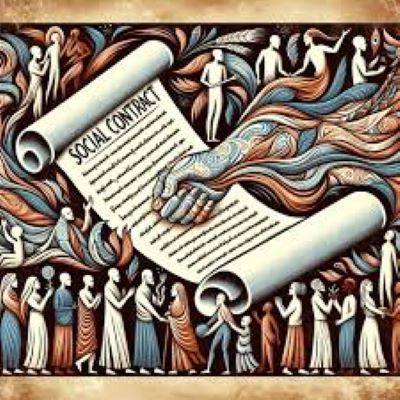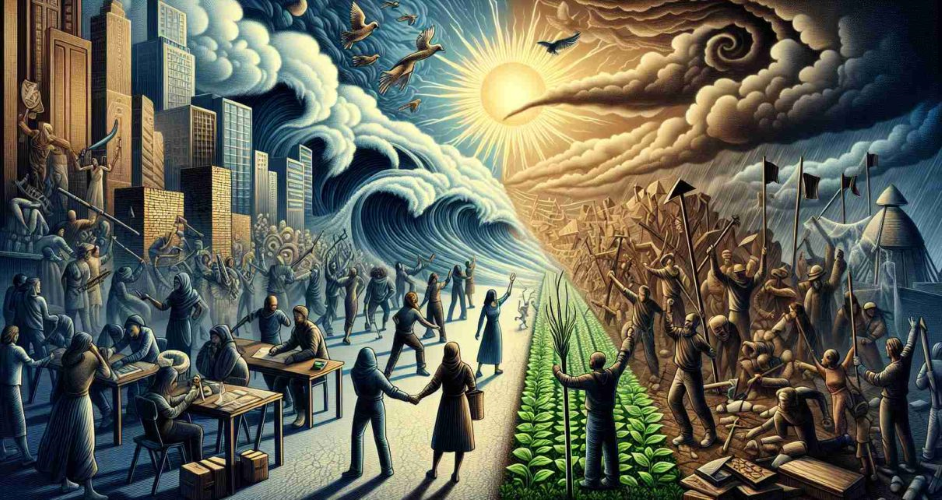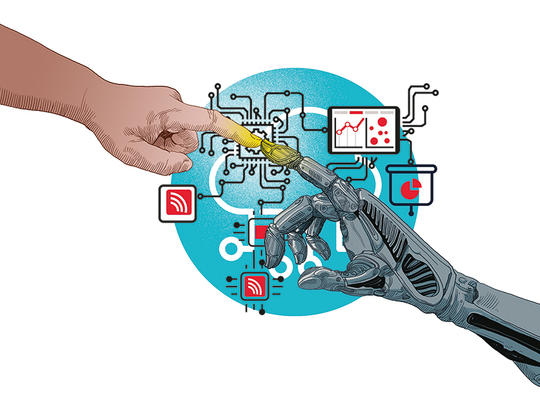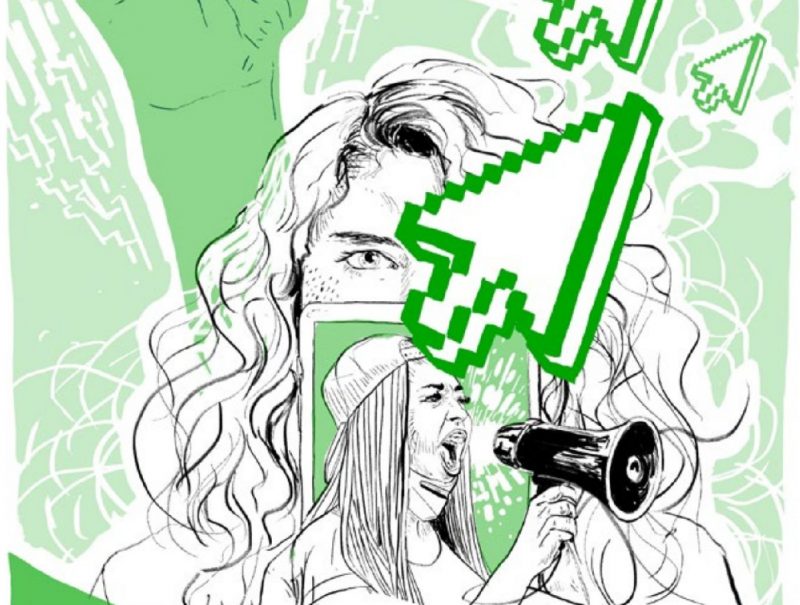SINDH COURIER

We do not need change, we need transformation, which means evolution, growth, leaving the binding threads of the past and adopting the pace of the modern times.
- We have changed physically, but mentally, we wish to remain the slaves of the past ethos, which is suicidal for society and its forward positioning
Dr. Jernail S. Anand
‘Nothing, so long as it is relevant, becomes past, and once it loses its relevance, it is added to the dark store called Past’.
‘We have to sift the wisdom of the past and accept only those things which do not clash with our march forward’.

Cutting the Umbilical Cord with the Past
Times come when in order to remain relevant to changing times, we have to cut the umbilical cord with the past. So far as social mores are concerned, culture is very deeply embedded in our consciousness and it is also the bulwark of continuity. If we look back to 1800, we are entirely a new race. Comparing it with 1950s, we are still a changed lot. The physical environment has changed, and the mental landscape has also changed. Old people, old songs, old customs, old rituals, old festivals, – everything binds us tightly to the past. In the village environment, breaking away from the past is nearly impossible. But in cities, the consciousness has layers of change. Just consider what is going on in a small place, and then, in a metro, and then, in great cities like Bombay where the neo-culture has already taken a divorce from the past.
Past: The Comfort Zone
When we are dabbling in the past, it gives us a sense of familiarity, and breeds a comfortable environment, which we do not want to abandon. Comfort zone it can be said. But at the same time, we are feeling the pressure of time to change. Most of the people crack under this pressure. Very few just leave the past behind and move to bigger cities. Some migrate to western countries and grapple with a new culture, which they have to adopt by way of force.

Resistance and the Impulse to Change
Today, I am going to discuss here our resistance to change. Culture is a bulwark which helps us remain the same. But the river of time is flowing fast and we cannot remain the same, unless at the risk of losing our relevance. I don’t think any people would prefer such an option. So, societies are changing according to times, but the change is slow. They take a step forward only after taking two backwards. In this way, instead of going ahead, they appear to be drifting back into the past.
The overdose of religion that is going on in tradition-ridden societies is bringing all the physical progress to naught.
We forget that things become past only when they lose their presentness. If we drag Past from the storehouse of the Irrelevant, and put them ahead of us, it would be a self-invited disaster for the society. This is what some countries which love their tradition rather too much are doing. It is a pity and a sad commentary also on the wisdom of the people in the saddle who think that the society can be run by applying the parameters of the past. I personally believe that the people who were born in fifties will feel stifled if they are transplanted in modern day society. We have to sift the wisdom of the past and accept only those things which do not clash with our march forward.

Culture and Evolution
What makes us live in the grand past? In some other article, I have taken up the issue of over emphasis on culture. No doubt a community must guard its cultural values, but not at the cost of forward movement and its evolution. We cannot go back to horse fighting now when we have missiles. Swords are obsolete when pistols are the in thing. We have changed physically, but mentally, we wish to remain the slaves of the past ethos, which is suicidal for society and its forward positioning.
Read: Transformational Changes and Social Responsibility
When I look at old songs, and their re-rendering by modern singers with gusto, and the interest people are showing in them – I start feeling that songs represent a culture and a time, and our old songs represent those times of fifties in which woman was a mere doll to please man, and man was the only masculine voice and woman only meant to please him by her gestures. Can we import this culture in our modern times, when we are talking of gender equality?
All the trouble in the world is the result of those minds who have not learnt to look forward and leave behind the belligerent legacies of the past.
Not only old songs, even old customs, of which we now find a grand revival in India, we are being pushed back into the past, whose values we cannot implement in the modern society. Woman stayed at home, and men went out to work. How can this system be emulated now? If it cannot be emulated, why are we rushing towards those traditions and customs which are inimical to the freedom of a woman?
Read: Unveiling the Nexus: Power, Crime, and Societal Transformation in Sindh
Religion and culture are two forces with which woman was bound to the home. And because it was a religious dictate, so, nobody could raise a voice against it. Even today, the overdose of religion that is going on in tradition-ridden societies is bringing all the physical progress to naught. Men are still imprisoned in age-old divisive beliefs. Education and Enlightenment do not make any difference to people whose minds are blocked by custom and blind faith.
The conundrum
What I find today is a strange conundrum. In a highly advanced world society, we are over-emphasizing the ideas of culture and tradition, which, if used in moderate degrees, could have imparted a balanced gait to our society. The galloping forward and blind jumps into future need to be moderated by the cultural imperatives, but if we are always looking backward, and moving forward with our vision diverted to the past, we are moving into a web of contradictions.

Looking for a Balance Society
A balanced society must provide a judicious mix of the past and the present so that the compound of the future could be to the taste of all, the old and the young, and even those who are yet to be born. We do not need change, we need transformation, which means evolution, growth, leaving the binding threads of the past and adopting the pace of the modern times. The old times were good, but they are not relevant today. Therefore, any attempt to bring the past back and block our way forward is a negative movement. All the trouble in the world is the result of those minds who have not learnt to look forward and leave behind the belligerent legacies of the past.

Dr. Jernail Singh Anand, President of the International Academy of Ethics, is author of 170 books in English poetry, fiction, non-fiction, philosophy and spirituality. He was awarded Charter of Morava, the great Award by Serbian Writers Association, Belgrade and his name was engraved on the Poets’ Rock in Serbia. The Academy of Arts and philosophical Sciences of Bari [Italy] honored him with the award of an Honorable Academic. Recently, he was awarded Doctor of Philosophy [Honoris Causa] by the University of Engg and Management, Jaipur. Recently, he organized an International Conference on Contemporary Ethics at Chandigarh. His most phenomenal book is Lustus: The Prince of Darkness [first epic of the Mahkaal Trilogy]. Email: anandjs55@yahoo.com
